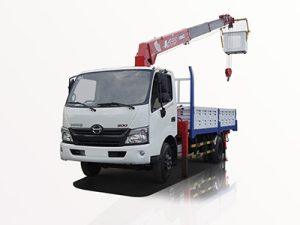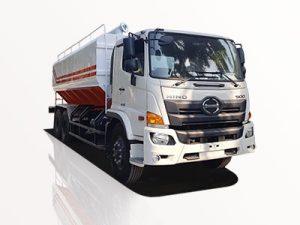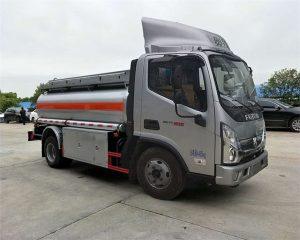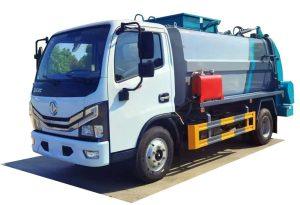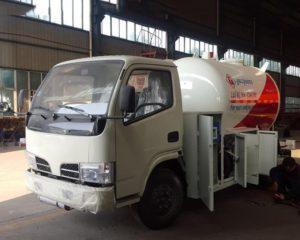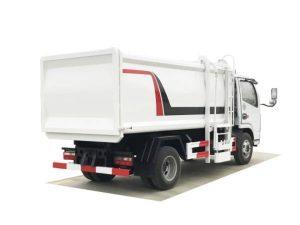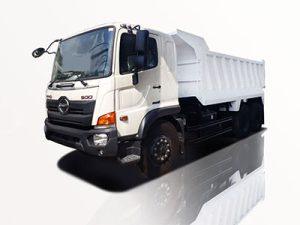Monday to Saturday - 8:00 -17:30
Understanding Propane in Chinese: A Comprehensive Guide
Propane, known as “丙烷” (bǐng wán) in Chinese, is a vital component in energy production and cooking appliances around the world. This article delves into the various aspects of propane, including its properties, applications, environmental impact, and its significance in Chinese culture and industry. By the end of this piece, readers will have a thorough understanding of propane and its relevance in both a global and Chinese context.
The Basics of Propane
What is Propane?
Propane is a colorless, odorless gas under standard conditions, classified as a hydrocarbon. It is part of the alkane family and is commonly used as a fuel for heating, cooking, and in vehicles. Propane is often stored as a liquid in pressurized containers.
Chemical Composition and Properties
The chemical formula for propane is C3H8. It consists of three carbon atoms and eight hydrogen atoms. Here are some of its key physical properties:
| Property | Value |
|---|---|
| Molecular Weight | 44.097 g/mol |
| Boiling Point | -42 °C (-44 °F) |
| Melting Point | -187.7 °C (-305.9 °F) |
| Density | 0.493 g/cm³ |
Propane Uses in Daily Life
Cooking and Heating
In many households, propane is used as a primary cooking fuel. BBQ grills fueled by propane are particularly popular. Propane-based heating systems are also common, providing efficient warmth in colder climates.
Industrial Applications
Industrially, propane is used in a variety of processes including:
- Manufacturing chemicals
- Cabin heaters in enclosed workspaces
- Forklift fuel in warehouses and factories
Transportation Fuel
Propane is often used as an alternative fueling option for vehicles, known as autogas. It emits fewer pollutants than gasoline, making it a cleaner choice for transportation.
Propane and Chinese Energy Needs
The Role of Propane in China
China, as one of the largest consumers of energy, uses propane extensively. Its various applications from domestic cooking to large-scale industrial operations highlight its importance in China’s energy mix.
Government Policies and Regulations
China has implemented numerous policies to promote the use of cleaner energy sources, including propane. There’s been an increase in investments towards propane infrastructure to reduce reliance on coal.
Subsidies and Incentives
The Chinese government offers several incentives for the adoption of propane. These may include financial subsidies for transitioning to propane heating systems.
Environmental Impact of Propane
Propane versus Other Fossil Fuels
When burned, propane produces significantly fewer greenhouse gases compared to coal and oil. This makes it a favorable option for reducing carbon footprints.
Safety Considerations
Although propane is a cleaner option, it still poses certain risks. Proper storage and handling practices are essential to prevent accidents. Measures include:
- Storing tanks in well-ventilated areas
- Regular checks and maintenance of propane appliances
Propane in Chinese Culture
Traditional Uses of Propane
While propane is a modern fuel in many ways, it has become ingrained in various Chinese cooking methods. Many regions in China prefer using propane for its convenience and efficiency in preparing traditional dishes.
Cooking Techniques with Propane
Popular traditional cooking techniques like stir-frying and steaming benefit from the quick heating capabilities of propane stoves.
Future Trends in Propane Use
Innovations in Propane Technology
As technology advances, so does the efficiency of propane use. New appliances are being designed to use propane more effectively, maximizing heat output while minimizing consumption.
Growth of Propane Infrastructure in China
The infrastructure for propane is gradually expanding in China. This includes the development of distribution networks and the establishment of more refill stations.
Practical Tips for Using Propane
Maximizing Efficiency
To get the most out of propane, consider the following tips:
- Invest in high-efficiency appliances that utilize propane.
- Regularly check and maintain your propane appliances.
Safe Storage Practices
Store propane cylinders upright in a shaded, well-ventilated area away from direct sunlight and sources of heat.
Emergency Preparedness
Have a safety plan in place for leaks, and ensure that household members know what to do in case of an emergency involving propane.
Frequently Asked Questions (FAQ)
What is propane used for in rural areas in China?
In rural areas, propane is often used for heating, cooking, and as a fuel for agricultural equipment.
Is propane safe to use indoors?
Yes, propane is safe to use indoors if the appliance is properly installed and maintained. Ensure adequate ventilation.
How does propane compare to electricity for heating?
Propane is often more cost-effective for heating in certain regions compared to electricity and provides instant heat.
What are the advantages of using propane as a vehicle fuel?
Propane burns cleaner than gasoline, leading to lower emissions. It can also be more economical depending on local fuel prices.
What should I do if I smell propane?
If you smell propane, exit the area immediately, avoid any ignition sources, and contact your propane provider or emergency services.
Can propane be used for outdoor cooking?
Yes, propane is widely used for outdoor cooking on grills and portable stoves, making it a popular choice for camping and BBQs.


